Serious games for research
Serious Games as a Research Tool Games as a Method Serious games can contribute to scientific research in many different ways and at many different stages. Think of collecting quantitative…
Together with the Centre for Language and Speech Technology at Radboud University Nijmegen, 8D conducted research into the use of speech technology and gaming to promote language skills in primary school pupils. Test runs with the app ‘DigiJuf’ provided valuable new insights on the potential and practical preconditions of game-based practice with speaking and reading.

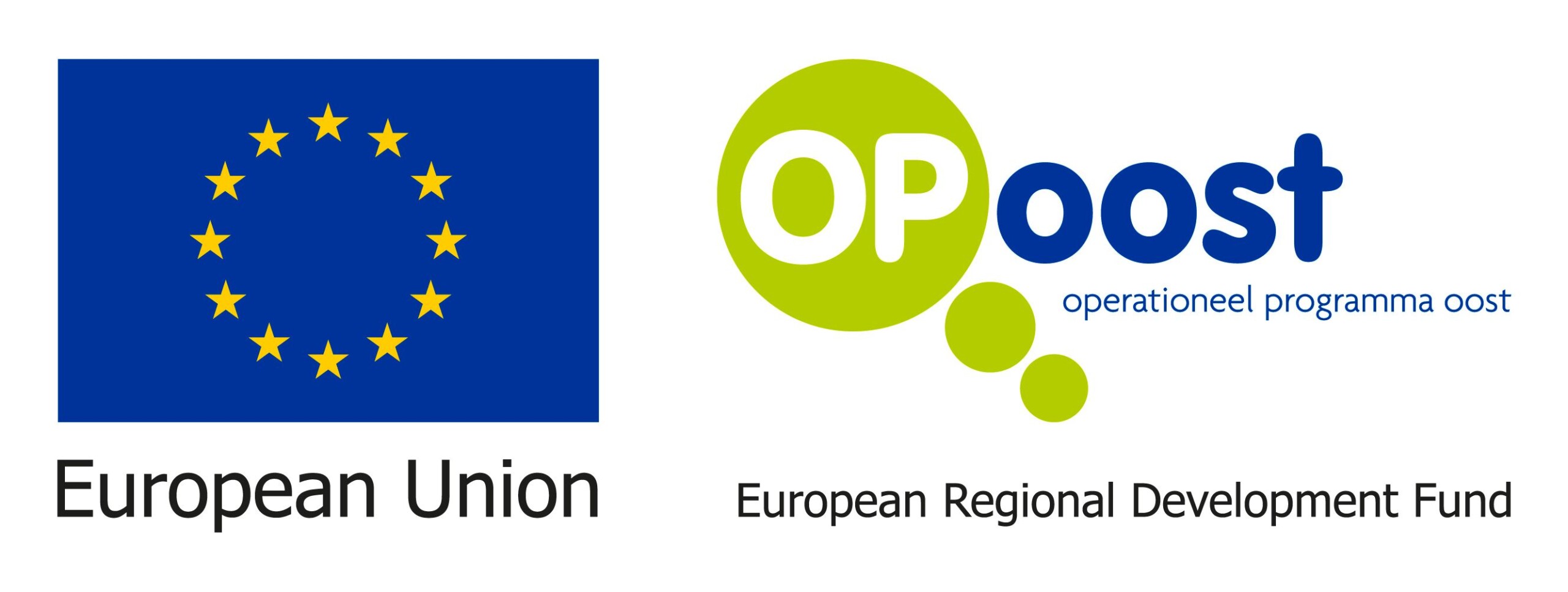
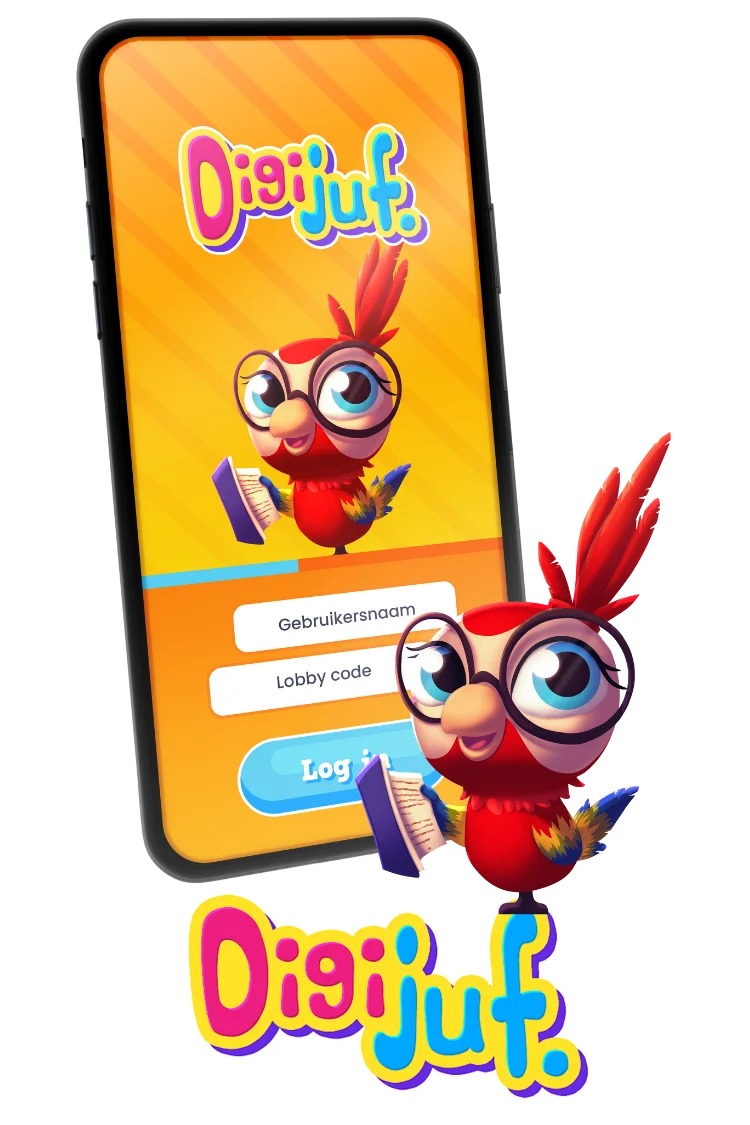
Reading, writing, speaking and listening form the basis of good education and provide children with important skills for their future. Yet for years there has been a worrying trend: young people’s language skills are deteriorating. An increasing number of young people are even leaving school low-literate. (Source: NOS) How can we connect language teaching to young people’s perceptions and interests better?
With the Centre for Language and Speech Technology (CLST) at Radboud University Nijmegen, we investigated how speech technology and gaming can promote language skills among youth. Test runs with different prototypes show that a combination of these elements can make primary school children more motivated to practise speaking, reading and creating stories together.
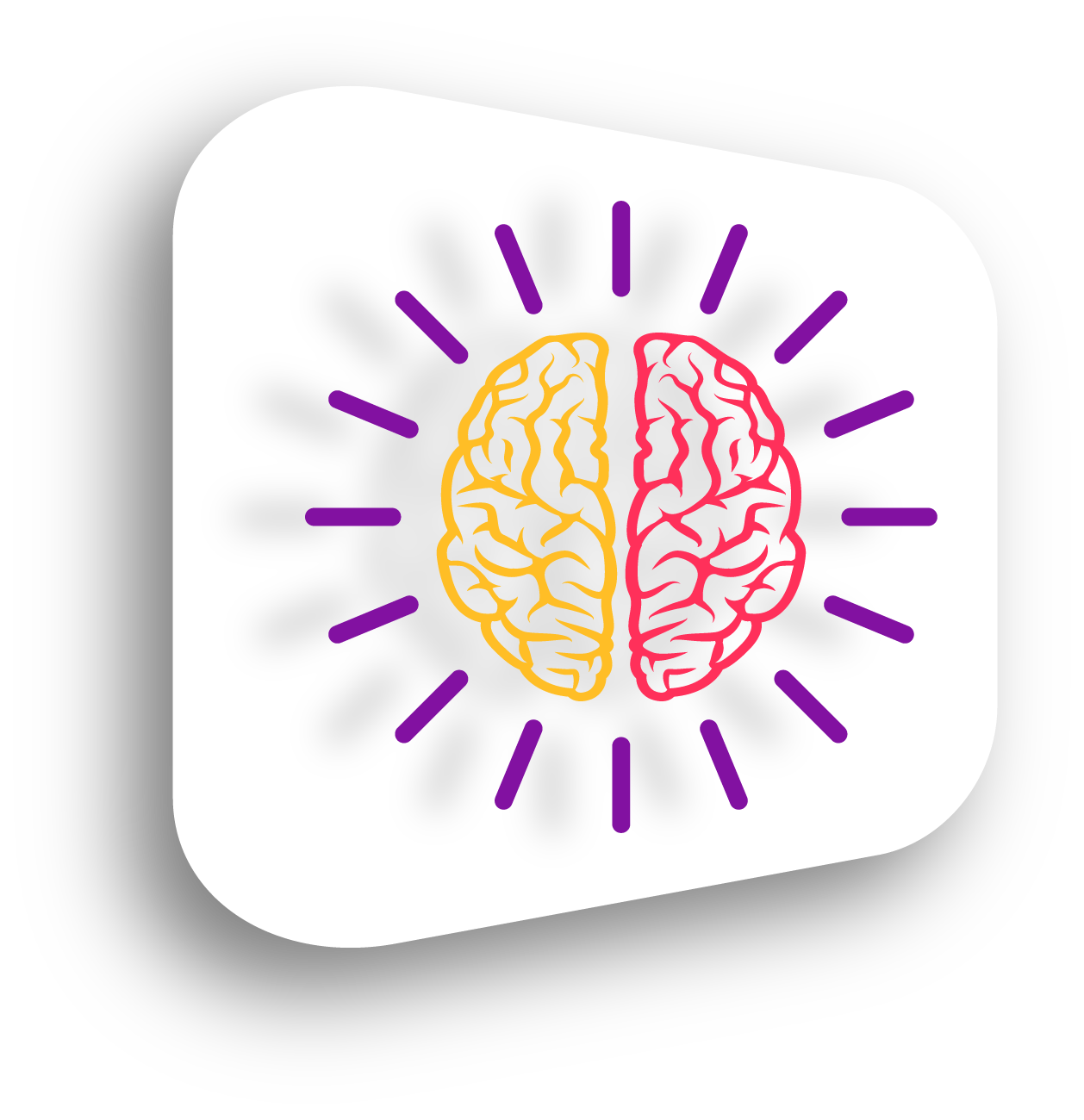 Approach
ApproachEach project starts with the end user for us: we want to hear how they experience the problem we are trying to solve. From conversations with children we learned that they dislike two things about reading in particular: you usually do it by yourself and you cannot influence how the story develops. As game designers, we understand this very well. What makes gaming so engaging is that you can make your own choices, which impact the story. Autonomy! That is what we enjoy and what motivates us.
With the preconditions of ‘doing it together’ and ‘influencing the story’, we set to work on a game concept in which speech technology from the Center for Language and Speech Technology plays an important role. In the soel concept, children create a story together by taking turns to speak sentences on a mobile device. The sentences are converted into text in real time. Players are instructed to include specific words or phrases in their contributions and can vote for their favourite excerpts. This encourages accurate speaking, reading and creative thinking.
A challenging component for the CLST researchers: children’s voices vary widely in pitch and intonation, making accurate speech recognition difficult. The collaboration therefore focused – besides developing an effective creative concept – on refining the technology to match the varied speech patterns of young students.
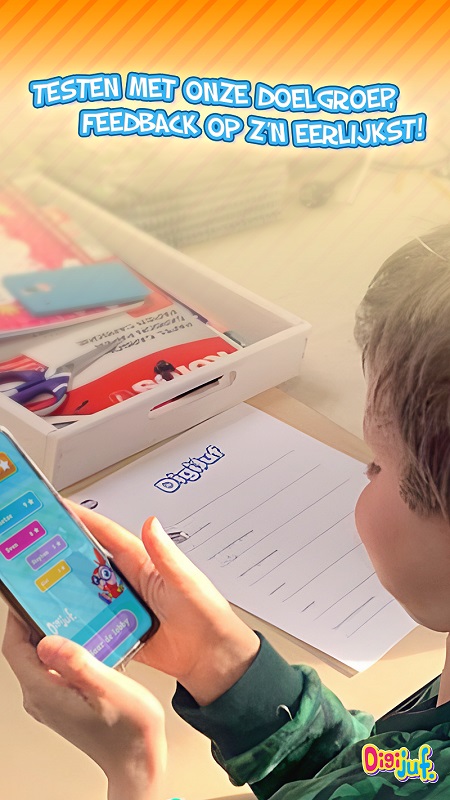
 Lessons learned from the research
Lessons learned from the researchThe protoype of DigiJuf was tested during multiple stages of the research trajectory. The functional protoype was received with much enthusiasm by more than fourty students. We noticed that the chosen game concept stimulated creativity and succesfully moved the focus from ‘learning’ to ‘playing’. It was great to see how children started to articulate better already after a few sentences, because they wanted to see their contribution on the screen (and gain points from their classmates, of course!). Researchers from the CLST got a lot of interesting input from the data gained during test rounds for new publications. One of the conclusions: getting feedback from classmates has many advantages – and from tests with DigiJuf it appeared that children are just as trustworthy critics as adults are!
Currently, 8D and CLST are exploring opportunities for further development. The ambition is to further develop DigiJuf into a freely available end product that adds value to both education and research fields.

At 8D, we support researchers in integrating a design approach into their work, from project design to creative product development and process supervision. These participatory methodologies help solve complex, people-centred problems and embed research findings in society in a sustainable way.
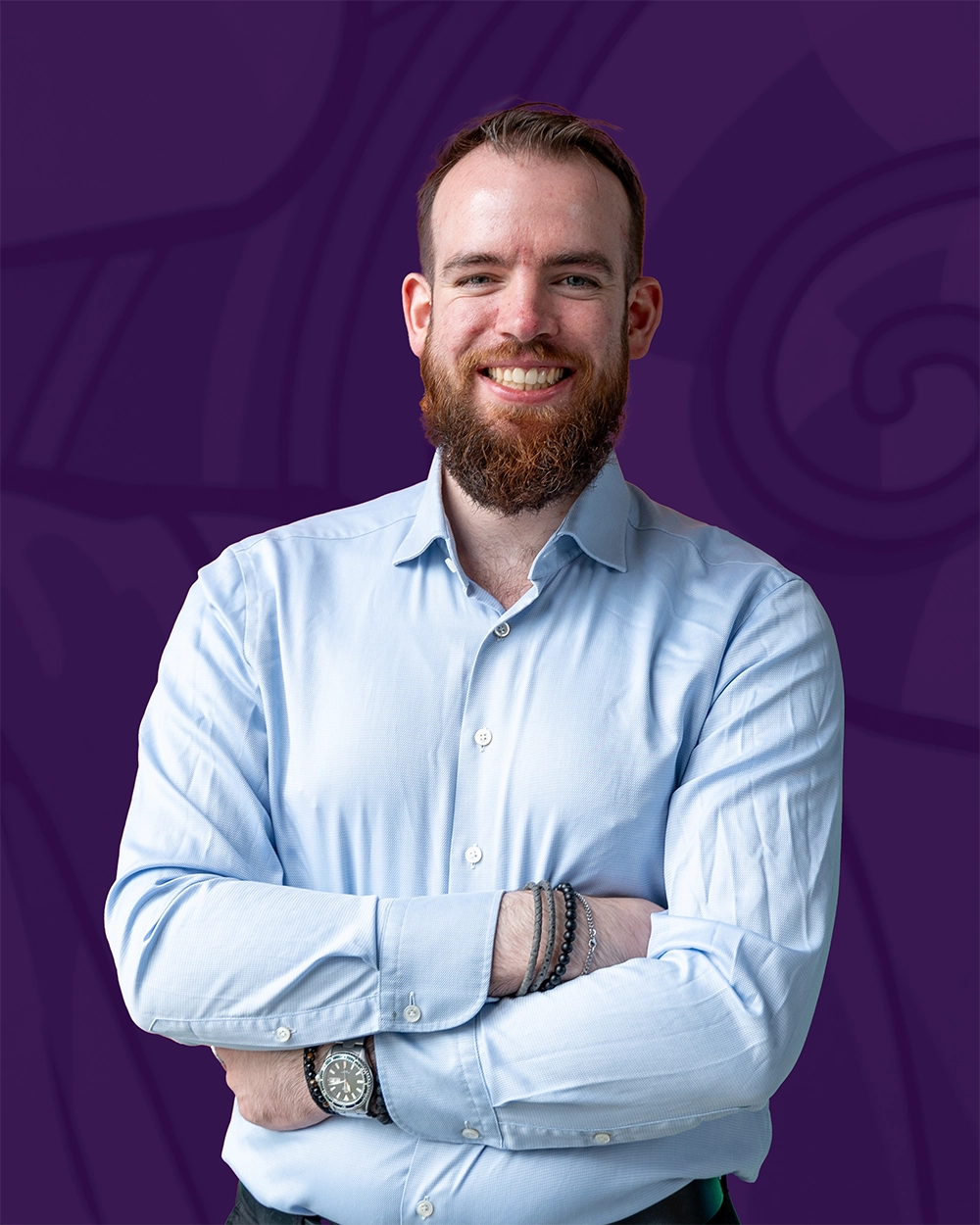
Contact Giel, the project leader of DigiJuf
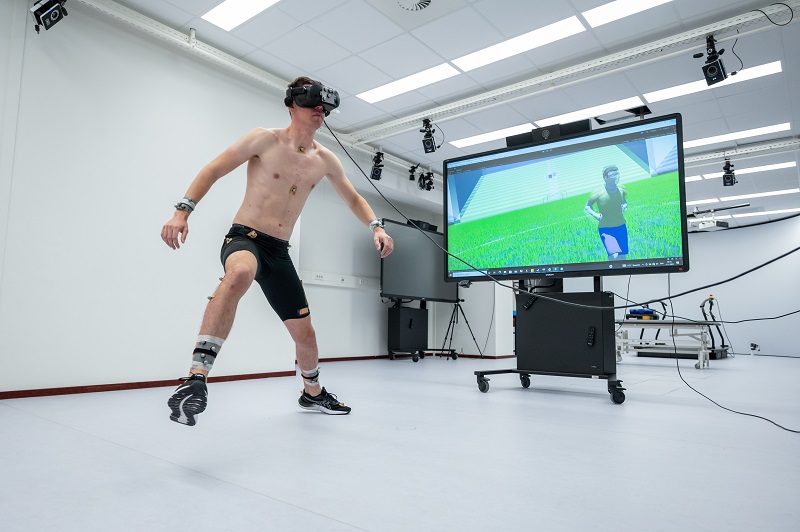
Serious Games as a Research Tool Games as a Method Serious games can contribute to scientific research in many different ways and at many different stages. Think of collecting quantitative…
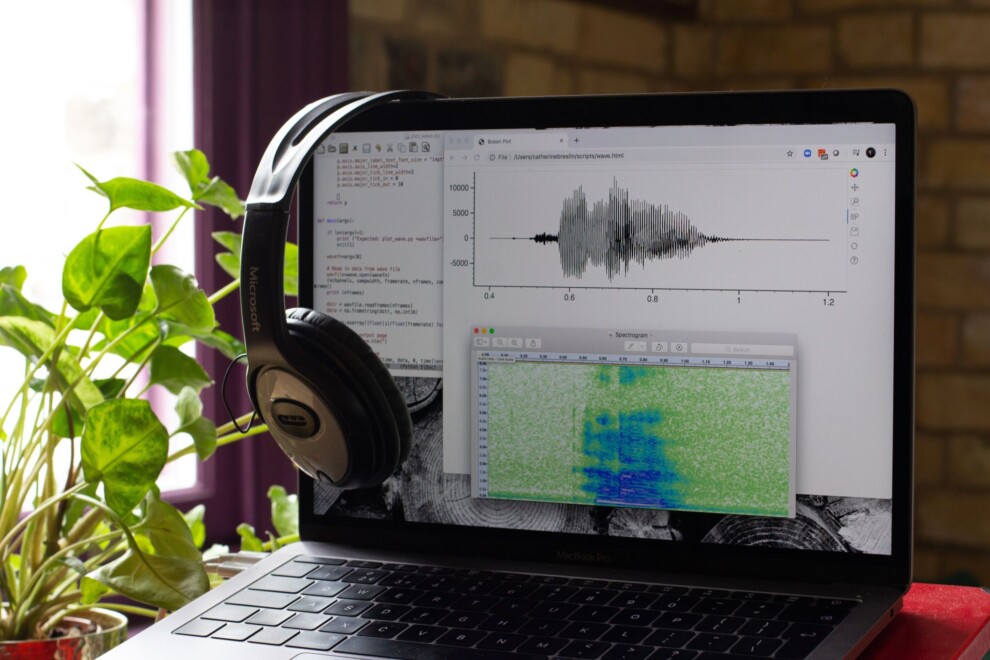
Delve deeper into the world of speech technology and its application within serious gaming. Speech technology has made tremendous progress in recent years and offers countless opportunities to take the interaction between players and games to a new level.
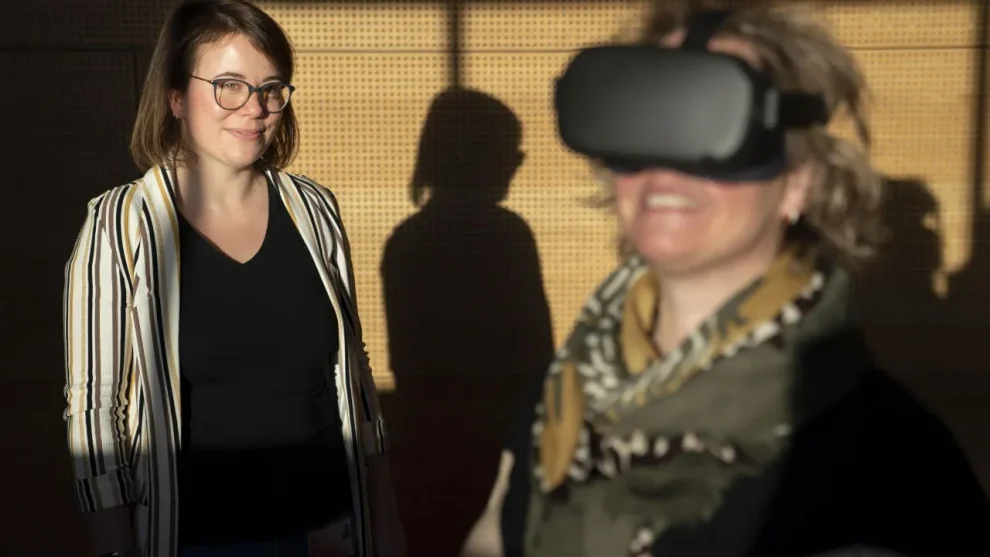
Interested in the possibilities of serious gaming in healthcare and research, and want to know more about the process of doing PhD research in this field? On July 5, 2023,…